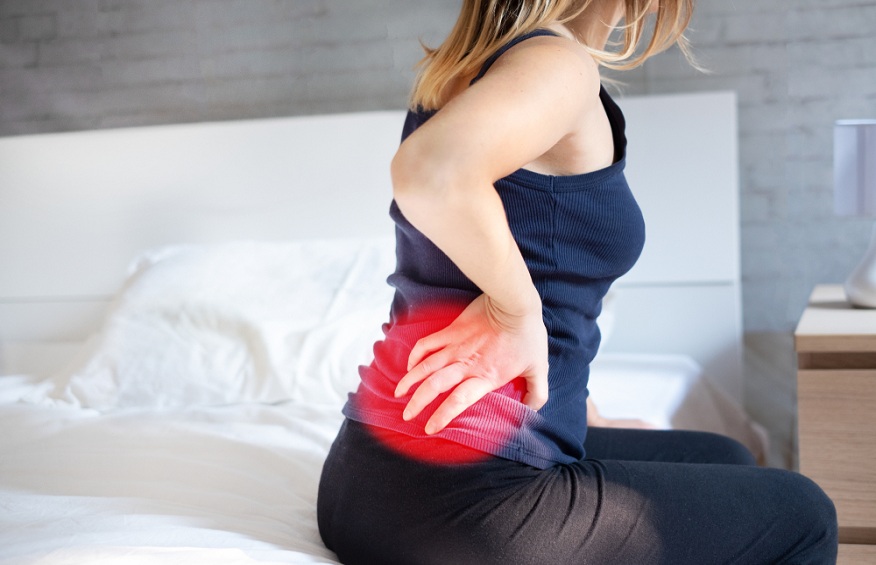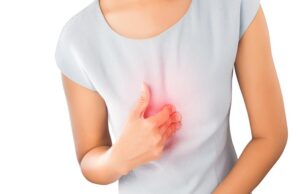Hip pain in your body can be distressing. It can limit your movements, restricting your routine activities. But fortunately, hip pain can be managed effectively.
The physicians at Clifton NJ Orthopedics offer an advanced diagnosis of the exact cause of your hip pain to develop a customized treatment plan for pain relief.
Understanding hip pain
Hip pain is a type of pain or discomfort you feel in or around your hip joint. Your hip joint is a space where your thigh bone (femur) connects to your pelvis. It is one of the largest joints of your body, which is used constantly to move, support your weight, and maintain balance and equilibrium.
Causative factors of hip pain
Hip pain is a common symptom of several conditions, such as:
Arthritis
Rheumatoid arthritis
Osteoarthritis
Ankylosing spondylitis
Bursitis
Injuries
Sports injuries
Automobile accidents
Falls
Repetitive strain injuries
Hip fractures
Structural problems
Developmental dysplasia of the hip (DDH)
Infections in your hip joint
Diagnosing hip pain
When you experience severe, persistent hip pain, you must seek medical help for proper evaluation. Detecting the exact cause of hip pain is crucial to design an appropriate treatment plan for you.
Your orthopedic doctor may recommend imaging tests like X-rays, MRIs, or CT scans to determine the cause of hip pain.
Hip pain management
A proper hip pain treatment depends on the cause and the specific location of the pain.
Your doctor may initially recommend a conservative approach to relieve pain. This includes:
- Rest to minimize strain on your hip joint
- Ice packs to reduce swelling and inflammation
- Compression to relieve pain
- Elevation
- Medications like NSAIDs
- Physical therapy to strengthen the muscles around your affected hip
When conservative methods fail to provide relief, your doctor may consider specialized treatment such as:
Hip injections
A combination of steroids and local anesthetic solutions are directly injected into the area of concern.
This provides immediate pain relief, with long-lasting results.
DRG stimulation
Dorsal root ganglion (DRG) therapy reduces chronic pain.
This procedure involves implanting a small generator underneath your skin.
This device transmits mild electrical impulses to the dorsal root ganglion
The electrical stimulation stops the DRG from sending pain stimuli to the brain.
PRP therapy
Platelet-rich plasma (PRP) is blood plasma that is rich in platelets.
Platelets contain growth factors that promote healing by stimulating new cells and tissue growth.
These cells and tissues replace the injured tissues.
PRP is injected directly into your hip to reduce pain and accelerate healing.
Though hip pain is common, it is essential to seek treatment. Consult an orthopedic doctor if the pain is severe, impairing your routine activities.



